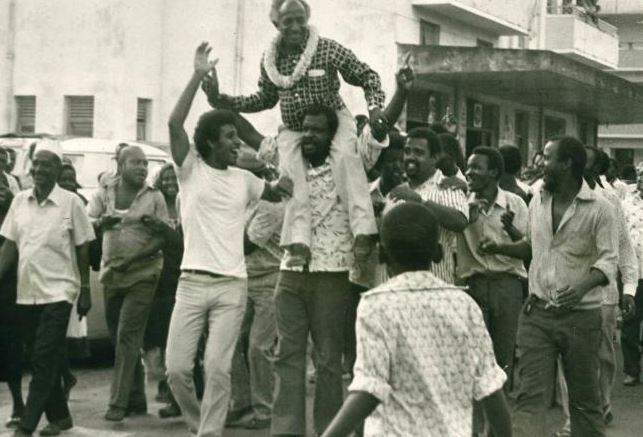×
The Standard e-Paper
Stay Informed, Even Offline

Shariff Nassir bin Taib was the most voluble politician in the then Coast Province, perhaps even in Kenya, during President Daniel arap Moi’s regime.
The Mvita MP, who rose from a clerk before joining politics and serving as a minister, was vocal and known to comment on anything and everything under the sun.